|
Lymph massage has been around for 1000s of years across the globe, fom rasa dhatu cleansing in Ayurveda to the art of gua sha in Chinese Medicine, to Manual Lymph Drainage (MLD) developed by Emil Vodder in the 1930s. What do all of these techniques have in common? The facilitation of lymph drainage! Lymph, derived from the Latin word for water, is literally just that - our internal waters that flow through our entire being. You can think of the lymphatic system like a series of rivers & tributaries, clearing waste and facilitating the movement of resources. When that water gets bogged down with waste products and is unable to move, issues inevitably arise. We support the facile movement of lymph through our diet & lifestyle (we really get into this in our Dump the Detox course!), but lymphatic massage techniques can also facilitate the process! I've created my own little lymphatic massage routine for my face. It takes less than 5 minutes and I can really tell a difference before and after! I've pulled from 3 different healing traditions here by using: -An Ayurvedic Beauty Balm by Banyan Botanicals as my oil/balm source. As someone who runs on the dry side, the saturated fat base of ghee + coconut oil plus the infusion of enriching roots like Shatavari really improves the quality of my skin. (Use THIS link and code HERBGIRLS15 for 15% off) -A gua sha rose quartz stone gifted to me by my lovely business partner, Amy Wright. You can also use your hand or the edge of a spoon, but I do love the feel of a cold stone gliding across my face! -Techniques from the Book of Lymph, by Lisa Levitt Gainsley. I found this book very helpful in better understanding the function and flow of lymph in the body, and have incorporated some of her motions at the start and finish of my routine. Directions for Simple 5 Minute Facial Gua Sha RoutineRepeat every motion 10x
Booby Lymph Massage Addendum This routine is for you if you are someone whose boobs get sore the week before your cycle. When our liver is burdened, our lymph will get backed up, too. We often feel this in our boobs because so many lymph nodes live here! If estrogen can't be deconjugated and broken down properly, the build-up can aggravate smooth and seamless lymph flow. I have found that doing this routine daily the week before my period has dramatically reduced my booby tenderness! You can find the full routine in the Book of Lymph - I just pulled out the sections I especially like! Repeat every motion 10x
Tips:1. Don’t press too firmly or too lightly. The pressure is equivalent to removing shaving cream completely from your skin - firm enough that it clears away but not so hard that you are pressing into the muscle (then your routine will turn into a muscular massage rather than draining the lymph which runs just superficial to the muscle) 2. For each movement contouring your face - steps 4,5, & 7 - you always want to move inward to UP and outward, so the final placement of your tool will be a bit higher than the starting point, creating an element of “lift” as you both drain your lymph and train your face to work against heaviness and gravity. 3. At the end of each movement, it’s a nice practice to press and wiggle the tool lightly. This assures you are really helping move the lymph away from your face so it can drain into nodes and be cleared. 4. A cold gua sha stone is my favorite tool for this practice, but the edge of a spoon or blade edge of your hand will also do the job. Place your gua sha stone in the fridge or freezer 10 minutes before your routine to really target puffiness and tiredness in the face. 5. STAY hydrated! Lymph is our body’s internal drainage system and needs ample fluid to flow - especially if we are actively detoxing from something. To keep that river flowing, we need to stay hydrated. Aim for ½ your body weight in fl.oz a day. The quality of your water is also of utmost importance. If we are drinking water straight from the tap, that water is *most likely* already filled with numerous toxins and compounds that our lymph will also have to detox and drain. So make it easy on yourself and invest in a GOOD water filtration system. In our opinion, nothing gets better than LivePristine. It’s worth the investment. Next best option would be a Berkey.
Don't be Stressin'! Start Addressin'...Your body’s biological needs in a demanding world Stress. What a loaded concept! We throw around this word all the time. "I’m stressed out. Work/my partner is really stressing me out. I’m stressed that I’ll miss my flight. " etc. etc. The world is demanding, so of course we feel & talk about this sensation a lot. It’s important to understand what stress is, how it’s affecting the body, & why we are wired the way we are. If you don’t understand these concepts, it will be near impossible to thrive in an otherwise unbearably stressful modern world. Plus, as Herbalists it’s beautiful to see how many herbs provide the vitamins & minerals necessary to support a body under stress What Is Stress (scientifically speaking) ? Stress wasn’t even a word in our vocabulary until it was coined by Hans Selye, also known as the “father of stress research”, in 1936. Selye defined stress as “the non-specific response of the body to any demand for change”. At that time, his approach to understanding human illness was revolutionary: rather than hyper-focusing on specific signs and symptoms, he broadened his gaze to understand underlying universal responses that would lead one to develop an illness. In truth, Selye was asking questions like an Herbalist would do (ie: treating the person’s physiology, not the disease)! We experience stress in the form of stressors, or any agent that threatens the body’s normal homeostasis. Take a look below at all the categories of stressors below and see if you have any present in your life: Biological - bacterial, viral, mycotoxin, endogenous byproducts Chemical - pesticides, heavy metals, smoke, microplastics, pollution Environmental - extreme heat or cold, loud noise, EMFs Nutritional - deficiencies or excess Physical - surgery, trauma, starvation or obesity Physiological - depression, anger, fear Spiritual - apathy (no sense of a higher purpose) Odds are, you have quite a few! Stressors are far more diverse than just relationship or work stress. They are ubiquitous! And they quickly accumulate in the modern world. It’s seldom one massive stressor that swings our body out of balance but a combination of many small stressors compounded together that tips us over the edge. Our body can only handle so much before systems start breaking down and dis-ease sets in (this is typically when Western doctors provide a diagnosis). Harkening back to Seyle’s search for universal truths: our symptoms might manifest differently, but they are all caused by an excess of demand (ie: stress). 80% of patients report uncommon emotional stress before disease onset How Does It Effect The Body?  The stress response is a beautiful adaptation that’s allowed our species to survive some crazy times. Here’s how it goes: When we sense danger or fear, a symphony of stress hormones are released to put our body into action. Our heart rate quickens; blood is redirected from core organs to the extremities to run or fight; our breath shallows and quickens to provide more oxygen rapidly; pupils dilate for better vision; and energy is shuttled away from maintenance and repair to the emergency at hand. In this response state, the organs that take the biggest hit are the adrenals. The adrenals sit atop the kidneys and are responsible for manufacturing stress hormones. The major stress hormones are called mineral-corticoids because they demand a high input of minerals in order to do their job. Minerals act like electrolytes, and when we are fighting a lion, we need some electricity pulsing through our veins! When the adrenals start getting squelched of reserves, they lean on the thyroid to help them out. This is a major reason why some many people -especially women who are wired to experience stress more intensely- have low thyroid issues; it’s simply trying to do the job of 2 organs when the adrenals get depleted. From there, it’s a ripple effect of issues throughout the body. Chronically elevated blood pressure, reproductive issues, muscle spasms and twitches, anxiety, digestive issues - they can all be traced to a malnourished stress response system. Why We Wired This Way? To save us! Our body’s physiology has been evolving for a very long time, and for much of this period, the world inhabited by humans was a different place. We didn’t have deadlines or traffic, we didn’t have pollution or EMFs - we were wired for surviving through acute stressful events (keyword = acute). Think getting attacked by a neighboring tribe, fleeing natural disaster, hunting, and escaping from dangerous animals. That’s why our intricate stress response system is designed to address acute stress. It’s a very taxing process, so if we were constantly stuck in this state of being, some major wear and tear will set in… And that’s exactly the state of the average modern human. We are chronically stuck in this low-level stress response, just squelching energy and resources to fight a proverbial lion when really, we are simply dealing with a suite of accumulated mini-stressors. On top of that, many of our hacks to stay healthy - skipping sleep to make an early workout, running on pavement, intense cross fit workouts, fasting - they can all end up hurting us in the long run if we don’t first understand and address our physiological needs: -Is my body stuck in the sympathetic, or Fight or Flight, state? -Am I lacking certain nutrients needed to support my body? -Am I causing my body more stress with my diet, relationships and lifestyle? There is an important concept known as hormesis, or beneficial stress to strengthen the host. A perfect example of hormesis is a healthy exercise practice. Lifting heavy weights and sprinting push your body to be stronger & faster. Followed by a recovery period and proper nutrition, this type of exercise is totally a positive hormetic process. However, extreme heavy weights and running 50+ miles a week without any recovery or replenishment enters into the disadvantageous stress response state (or doing moderate exercise but eating too little). This is when injury sets in and if you are a women- your period goes away. We can’t repair muscles or think of having a child if we are in a chronically stressed state with no break. Are you beginning to see how our bodies are beyond intelligently designed? And if we just slow down to understand our stress response system & how to properly nourish it, we can avoid many injuries and illnesses. How To Replenish Focus on minerals and electrolytes if you feel your adrenals are taxed (and odds are, they are!) Remember that the adrenals are the first responders in a stressful environment, which means they are also the first to get depleted in chronically stressful times (ie - now). Chronic stress means the excessive secretion of cortisol by the adrenals. This rapidly depletes Magnesium and Potassium levels in the blood. When the adrenals are overworked, our Sodium & hydration levels also drop as we excrete more via pee. This not only dehydrates us (an incredibly stressful event at the cellular level) but also depletes our electrolytes. Taxed adrenals means less aldosterone is produced, further tipping the sodium balance out of homeostasis and into chaos. To remedy this vicious feedback loop, we must be replenish our mineral stores, especially Sodium, Potassium, and Magnesium. Whole food sources of Vitamin C (synthetic C as ascorbic or citrate acid is not the same and even causes more damage to our delicate mineral balance!) also support the absorption and utilization of these key electrolytes. It’s important to realize that all forms of Magnesium are not created equally (& again, some can even mess with your minerals!). See below: Via water: Mg bicarbonate (this is the most basic form of Mg & is most easily absorbed) Transdermal form: Mg chloride (very high concentrations found naturally in the ocean; the most porous part of our body is the bottom of the foot so apply here for best absorption!) Food sources: dark leafy greens and seaweeds, beets, coffee, cacao Chelated forms/supplements: Mg glycinate & Mg malate - have the highest absorption rate of chelates (80%) Herbal adaptogens offer another fantastic, concentrated & bioavailable source of nutrients and minerals to support our stress response. Check out our other blogs on these incredible plants! Basically, adaptogens improve the dynamic HPA (Hypothalamus- Pituitary- Adrenal) axis that moderates your stress response. If you get better at handling stress, you don't wear out your body-mind-spirit so much, making you a more resilient and vibrant being. You can think of them like personal trainers for nervous-endocrine-immune systems. Every healing tradition across the globe utilizes adaptogens in some way, so we are wise to take heed! The key to taking adaptogens is to treat them like a fine food- consume them regularly in small amounts for optimal benefits. It's important to discontinue them when you are ill. Our favorites are Holy Basil (Ocimum tenuiflorum/sanctum), Ashwagandha (Withania somnifera), Eleuthero (Eleuthero senticoccus), Schisandra (Schisandra chinensis), Licorice (Glycyrrhiza glabra), and Shilajit (Asphaltum punjabinum).
|
Eileen Brantley & Amy WrightWe are Herb Girls Athens, LLC. Read our blog! Archives
November 2022
Categories
All
|

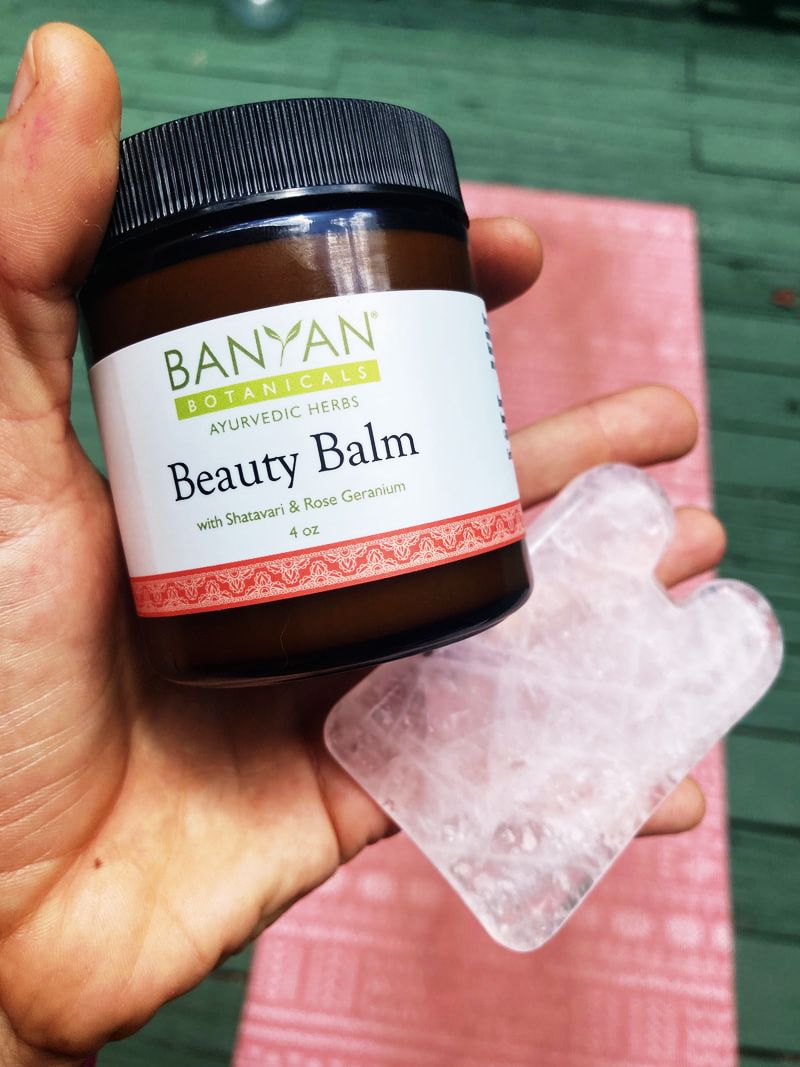
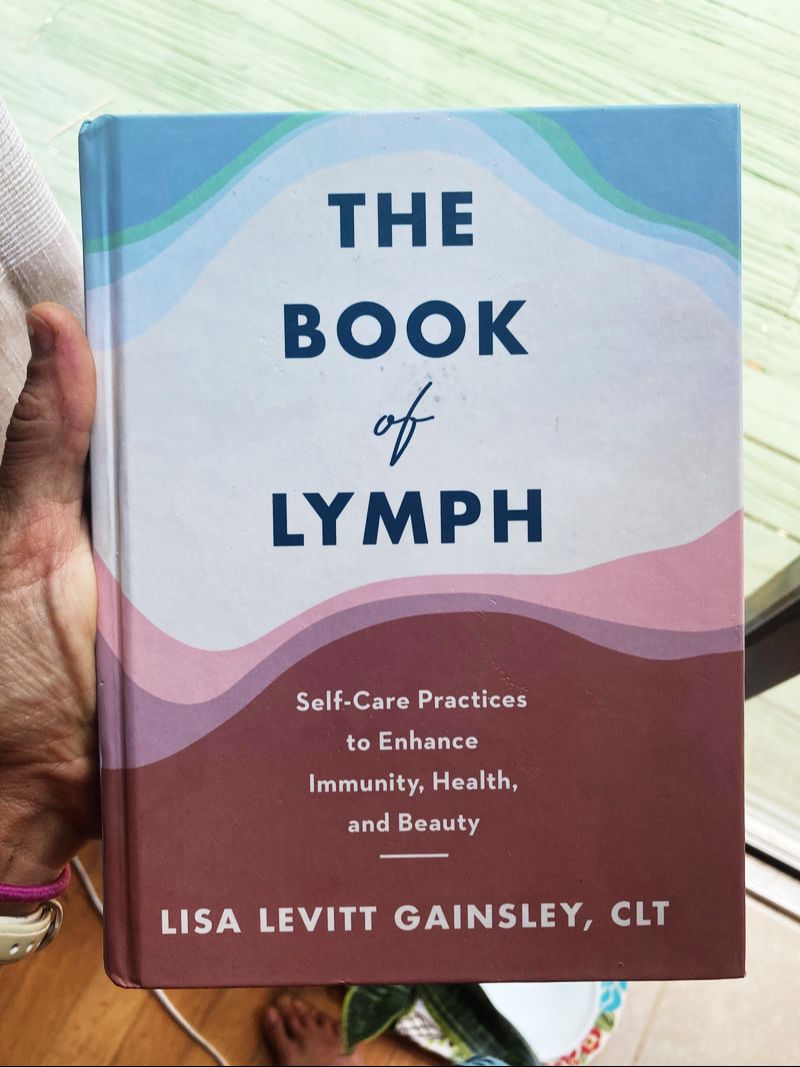
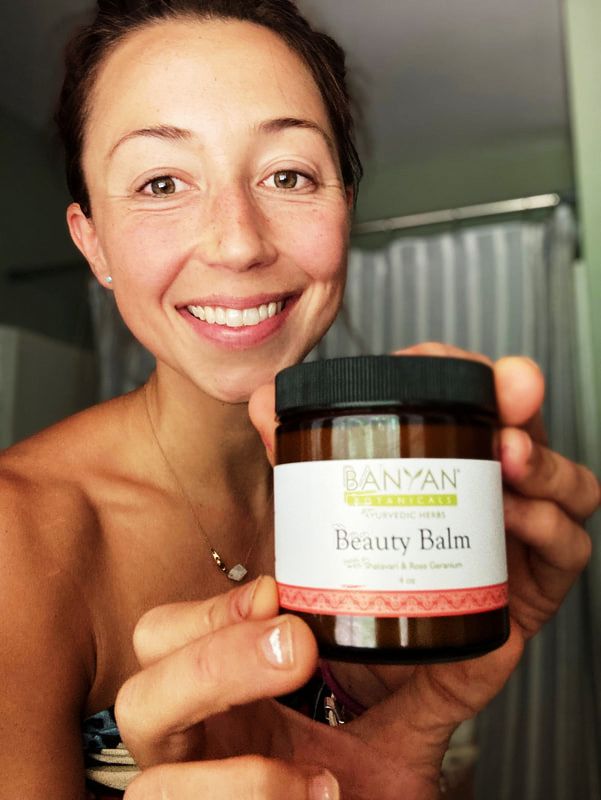

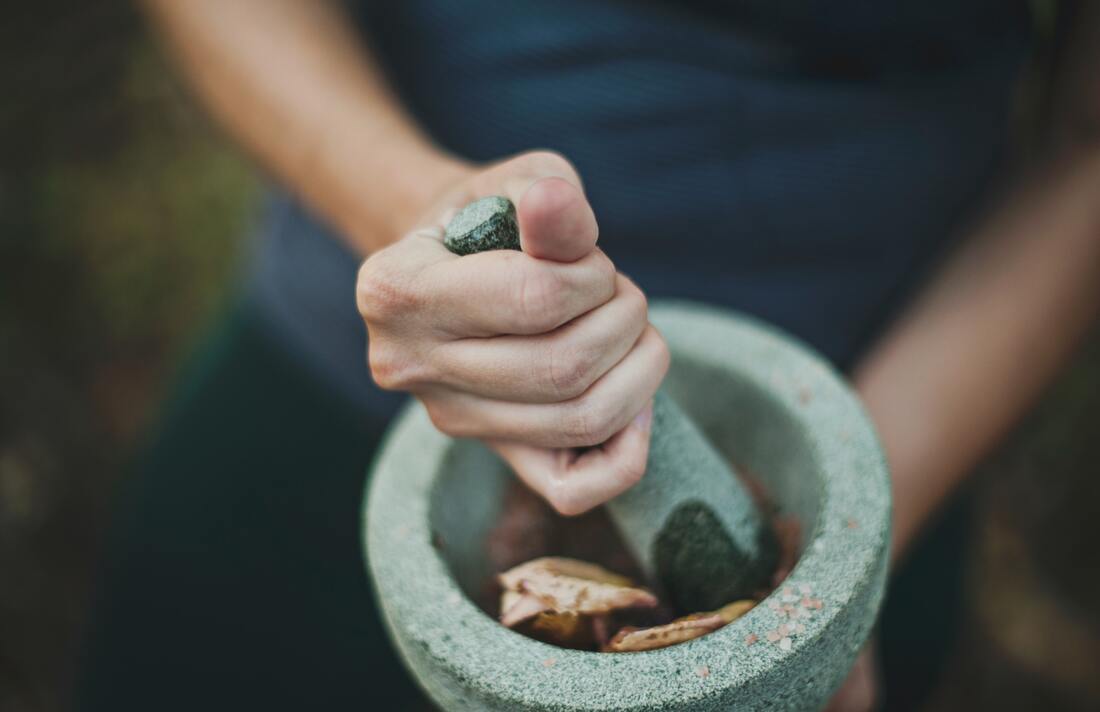



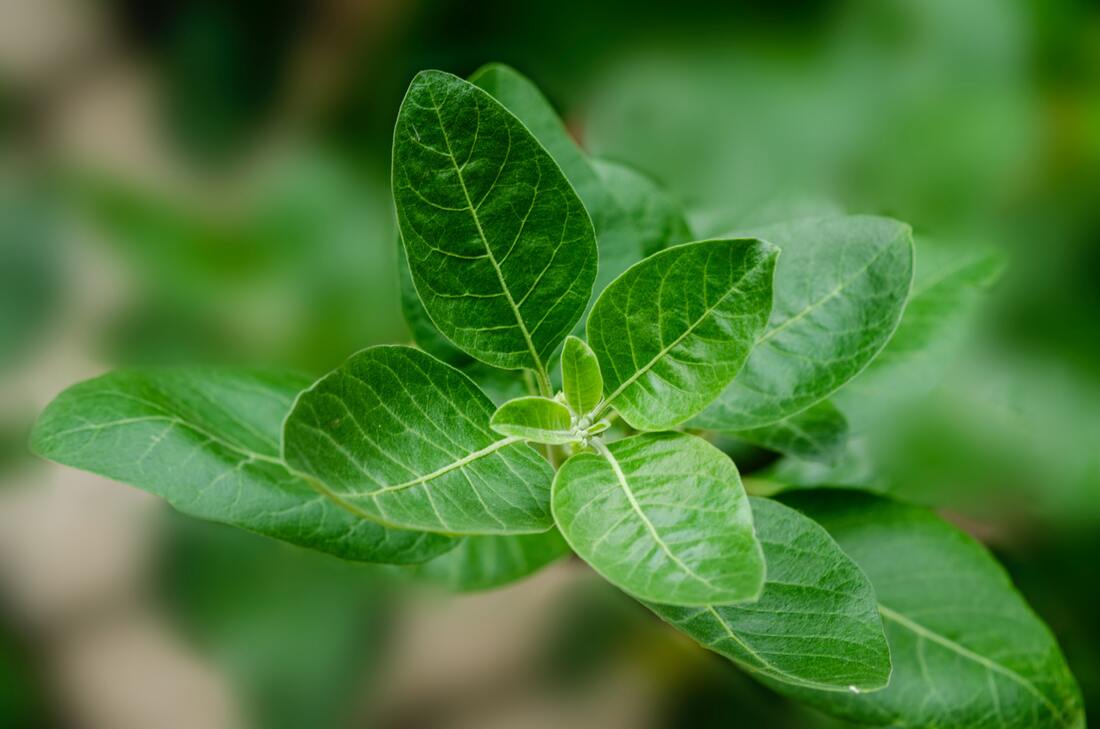
 RSS Feed
RSS Feed
